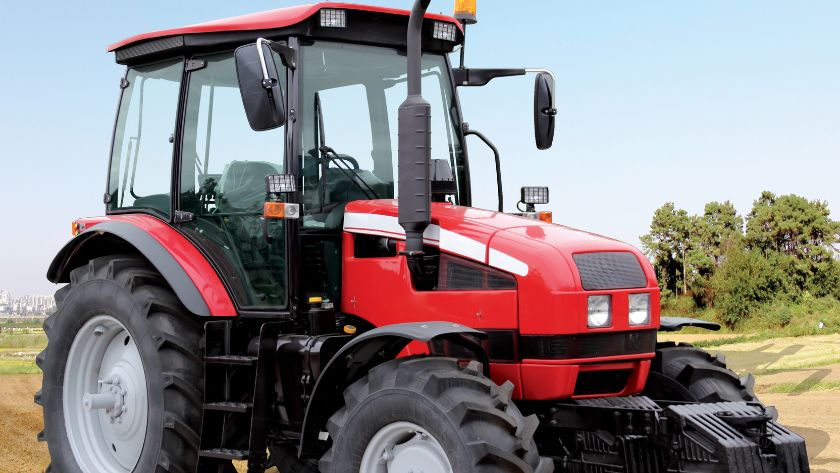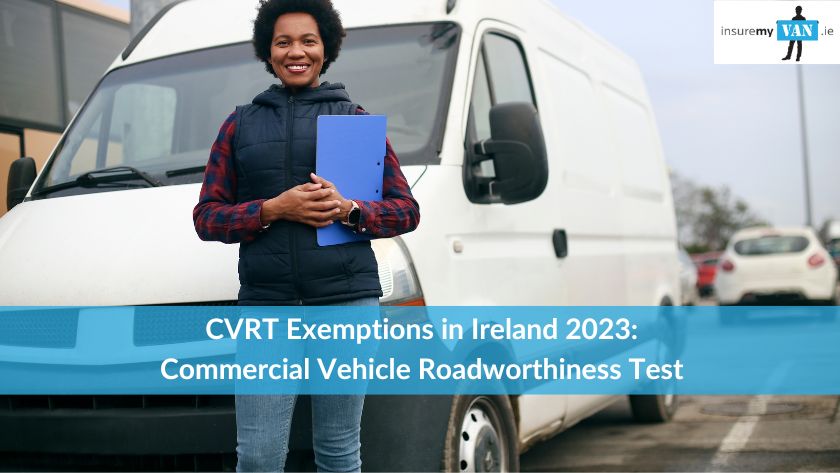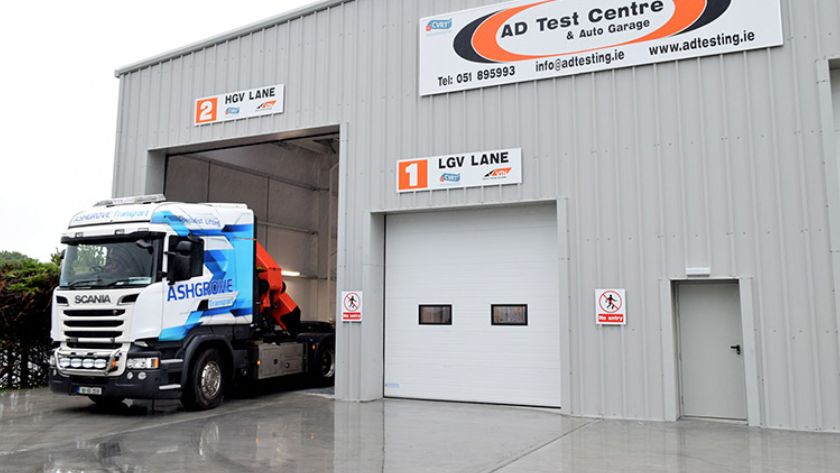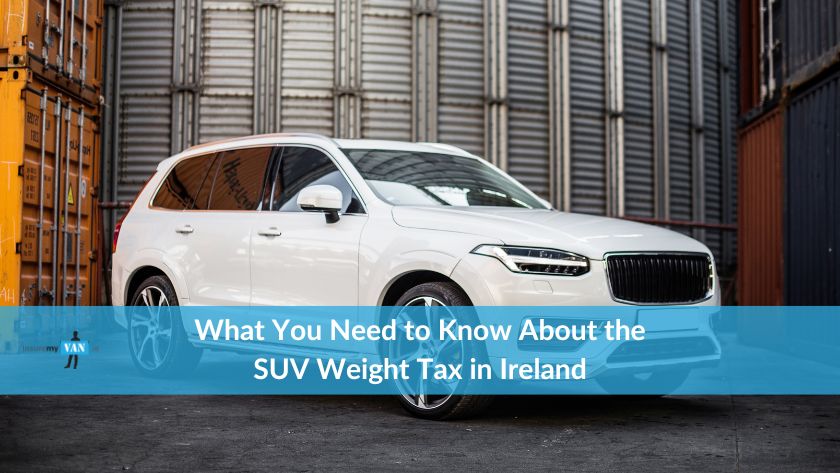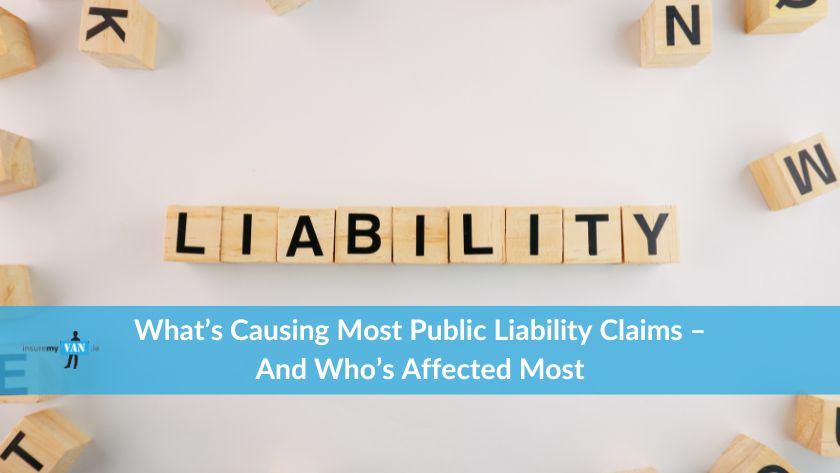Wednesday, 29 March 2023
CVRT Exemptions in Ireland 2024: Commercial Vehicle Roadworthiness Test
Want to understand how the CVRT exemptions process works in Ireland? Then you’re in the right place! In this blog, we’ll talk about what CVRT is, what it involv...
What is the CVRT?
The CVRT (Commercial Vehicle Roadworthiness Test) is an essential requirement for all commercial vehicles registered in the Republic of Ireland. This test is designed to ensure all vehicles registered in the country meet the safety and emission standards required by the Irish government. This test may often be referred to as the Department of Environment or DOE test. Unlike the NCT, which applies to passenger cars such as taxis, the CVRT applies to commercial vehicles, trailers, and buses. Goods vehicles don’t need to undergo an NCT if they’ve received a Certificate of Roadworthiness (CRW) If you own a van or a jeep that isn’t used for commercial purposes, you’ll need to get a CVRT, regardless of whether it’s privately taxed. The CVRT is an important safety measure in the Republic of Ireland and is an essential requirement for all commercial vehicles registered in the country. By ensuring that your vehicle is kept up to date with its CVRT, you can help to keep Irish roads safe. In some cases, a vehicle may be eligible for a CVRT exemption.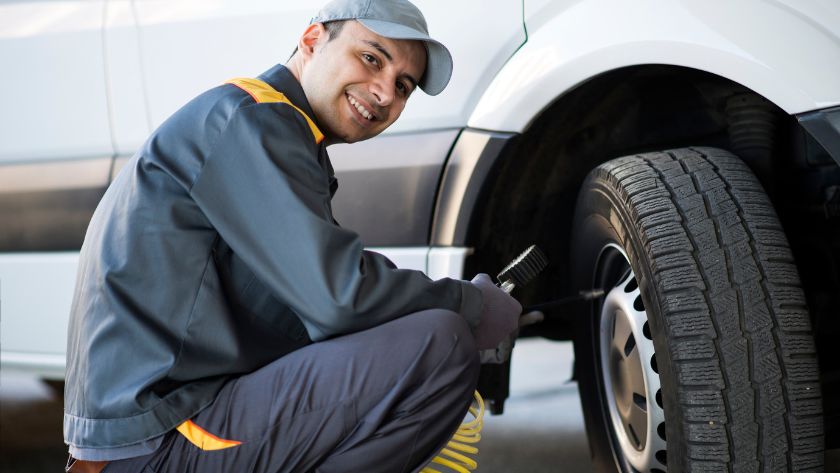
What Does the CVRT Involve?
The CVRT is regularly carried out by qualified testers and is overseen by the Road Safety Authority (RSA). The test includes a comprehensive inspection of the vehicle's braking system, steering system, electrical system, suspension, tyres, exhaust system and fuel systems. The test is conducted at the RSA-authorised testing centre or garage. It typically takes between one and two hours, depending on the type of vehicle being inspected. After the vehicle has passed the inspection, the owner receives a report and certificate that confirms the vehicle's roadworthiness. The CVRT must be renewed every two years for every commercial vehicle registered in Ireland, unless they’re entitled to an exemption. Those who fail to keep their vehicle up to date run the risk of being fined or even having their vehicle taken off the road if it is deemed to be unsafe. Getting your vehicle ready to take the CVRT? Read our guide for preparing your van or fleet for the CVRT.